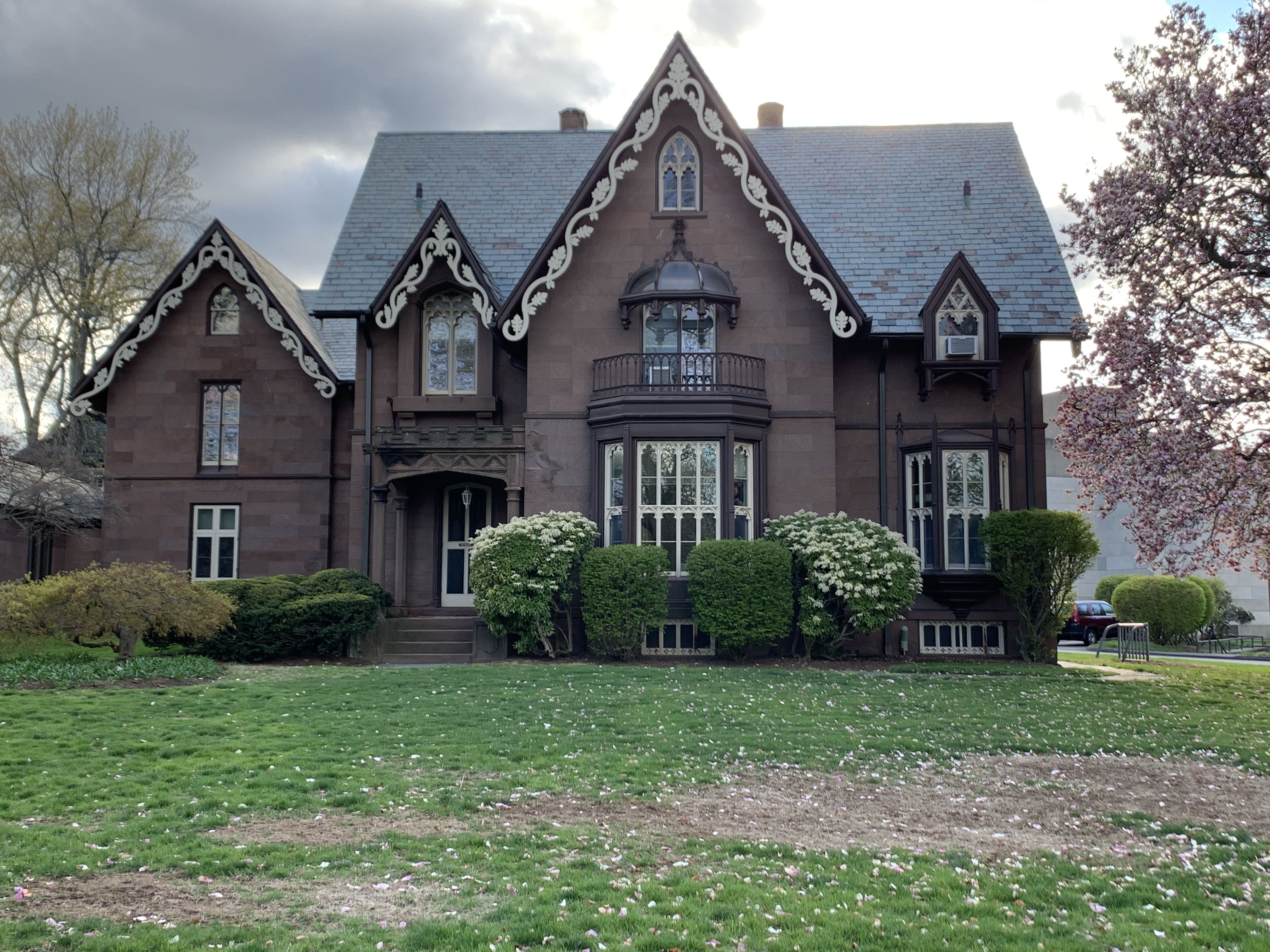The University’s COVID-19 positivity rate over the past month has remained under 0.12%, with only two students and two faculty members testing positive for COVID-19 as of Thursday, Nov. 4. The Middletown community’s positivity rate also remains low. According to Medical Director Tom McLarney, the low on-campus case numbers are largely due to student, faculty, and staff vaccination rates of 99% and compliance with the University’s COVID-19 safety guidelines, including bi-weekly testing and indoor mask mandates.
To maintain student health on campus, the University is requiring all students to receive a flu shot prior to the spring semester, barring a religious or medical exemption.
“To keep our campus safe during flu season, get a flu shot, wash your hands often, and if not wearing a mask, cover your mouth with the crook of your arm when coughing or sneezing,” McLarney wrote in an all-campus email on Oct. 20.
McLarney emphasized the importance of student cooperation with the University’s flu shot mandate to avoid overwhelming healthcare systems, especially as the symptoms of the flu, which include fever, chest pain, deep chest cough, shortness of breath, and loss of taste and smell, are similar to those of COVID-19.
“Just as it was last year, the student buy-in for flu shots was very high with great compliance,” McLarney wrote in an email to The Argus. “This appears to be similar this year. Many students would get their flu shots over the winter break (more convenient as it did not cut into study time). Public health experts fear that an active flu season in addition to a COVID-19 surge could overwhelm the local health care systems to a point where folks would not be able to get the care they needed. This could result in more deaths.”
As the weather gets colder and more students congregate indoors rather than eating and socializing outside, McLarney urged students to remain cautious and diligent in following COVID-19 guidelines to prevent a spike in both COVID-19 cases and other infections.
“Pre-pandemic, our cold winters have correlated to higher number of infections whether that be influenza, the common cold or the numerous other viruses that circulate during these times we are all inside not benefiting from outdoor ventilation, closer contact to people and other theories of why people are more susceptible to infections,” McLarney wrote in an email to The Argus. “So yes, the winter concerns me. This is one reason we will continue our twice weekly testing protocol so we can keep on top of COVID-19 cases and isolate folks early to avoid spread of the SARS CoV-2 virus.”
The University’s Pandemic Planning Committee will continue to assess the COVID-19 situation on campus and in Middletown to determine if any more COVID-19 restrictions can be lifted throughout the remainder of the semester.
“Each week the Pandemic Planning Committee meets and critically reviews our guidelines. We continually ask ourselves ‘What is reasonable? What is safe?’” McLarney wrote in an email to The Argus. “We lift restrictions in a very well thought out process taking one step at a time. Although the science and experience are much greater than they were 6 months ago, we are still only at the tip of the Covid-19 iceberg. We are all learning this together as a campus, as a nation and as a planet.”
The committee is also looking into options for simplifying the COVID-19 booster shot process once students become eligible. The University will then make a decision as to whether or not to mandate booster shots for students, faculty, and staff.
Hallie Sternberg can be reached at hsternberg@wesleyan.edu or on Twitter @halsternberg.
